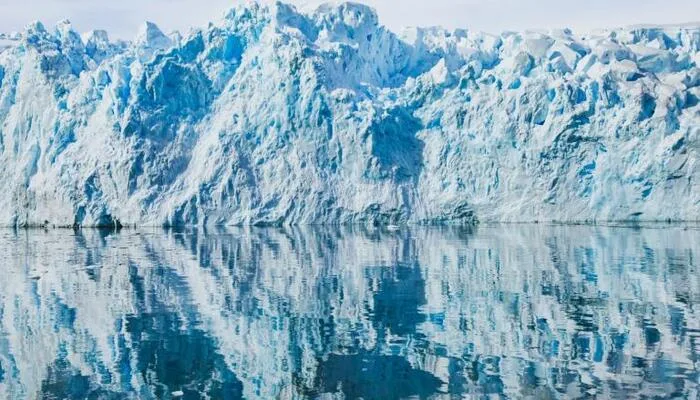World leaders and climate experts have raised urgent concerns over glacier loss at the International Conference on Glaciers’ Preservation in Dushanbe, Tajikistan.
Tajik President Emomali Rahmon opened the summit with a clear warning: “Glaciers preservation is not just a problem of countries with glaciers but rather a global crisis that deserves the immediate attention of the international community.”
The conference is part of the International Year of Glaciers’ Preservation, bringing together ministers, environmental experts, and international agencies.
It will conclude with the Dushanbe Glaciers Declaration, a major document that includes commitments, strategies, and joint efforts. This declaration will be presented later this year at COP30 in Brazil.
Key organizers include the World Meteorological Organization (WMO), UNESCO, and the Asian Development Bank. UN Deputy Secretary-General Amina Mohammed is also attending the high-level event.
Record Glacier Loss Confirmed
Amina Mohammed cited alarming data from the WMO’s State of the Global Climate 2024 Report.
According to the report, the years 2021 to 2024 represent the worst period for glacier loss since monitoring began.
“Seven of the ten most negative annual glacier balances since 1950 have occurred since 2016,” she said.
She also quoted the World Glacier Monitoring Service, which reports that glaciers have lost over 9,000 billion tons of ice since 1975.
“That’s equal to a block of ice the size of Germany with a 25-meter thickness,” she warned.
Glaciers currently number over 275,000 worldwide and cover about 700,000 square kilometers.
Combined with ice sheets, they store nearly 70% of Earth’s freshwater—crucial for both people and nature.
Vanishing Glaciers Threaten Lives
WMO Secretary-General Celeste Saulo echoed the crisis.
“Our glaciers are dying,” she stated. “Venezuela has now joined Slovenia as a country with no glaciers left.”
She highlighted Nepal’s recent loss of the Yala Glacier in the Langtang region.
She explained that glacier melt is not just about disappearing ice.
“It is a mortal blow to ecosystems, economies, and our social fabric,” she said.
Glacier loss threatens water supplies for hundreds of millions. In dry seasons, melted glacier water supports farming, electricity, and drinking needs downstream.
In the short term, fast melting increases the risk of floods and landslides.
This danger was clearly shown when part of a glacier collapsed in the Swiss Alps on May 28.
An avalanche of ice and mud wiped out most of the village of Blatten.
Luckily, no lives were lost due to early warnings and evacuations.
But such warning systems are rare in developing nations.
The conference stressed the need for global funding and support to improve early warning systems everywhere.
